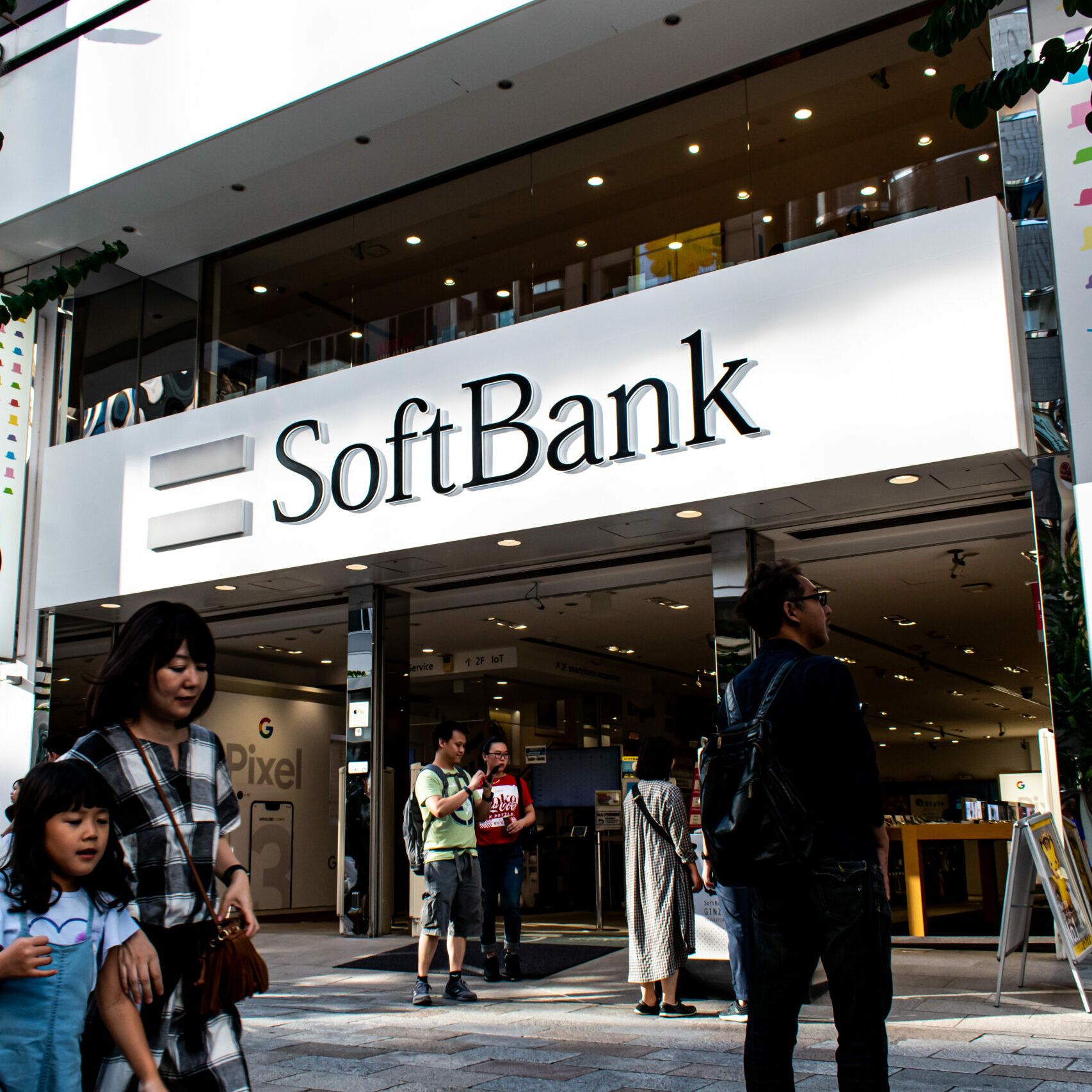With deal volumes at an all-time high in 2021, merger controls have increased along the lines of national security, anti-trust and corruption. Extra scrutiny may slow some high-profile private equity-backed deals this year…
M&A volumes reached a record high in Europe, the US and UK last year, driven by years of a cheap debt and a quick return to business after the pandemic. In Europe, private equity accounted for around 40% of all acquisitions. In the US, private equity M&A in 2021 was more than double the previous year’s total.
Yet, according to lawyers and dealmakers, regulatory scrutiny around national security and anti-trust could slow down the progress of some deals in 2022. In May, Jonathan Kanter, head of antitrust at the US Department of Justice, signaled a crackdown on private equity buyouts which “hollow out” an industry. More information is being sought upfront from buyers before regulatory approval in other jurisdictions too. “Changes in regulation have made the M&A process more complex over the past year,” said John Reiss, Global Head of M&A at White & Case in February. “Now more than ever, dealmakers need to understand early on where there may be regulatory hurdles to clear, and potentially pre-empt these with filings at the term-sheet stage.”
Towards the end of last year, conversations restarted between GPs and consultants and service providers to take some of the strain out of deal-making, says Andrew Poole at ACA. These conversations considered anti-money laundering to reviews of financial service companies that might have been acquisition targets, he says. In the US, hurdles include an increasingly aggressive stance by the Committee on Foreign Investment (CFIUS), changes to antitrust policy and the Federal Trade Commission’s implementation of pre-consummation warning letters as potential causes for longer deal timelines or investigations post-transaction.
Critical sectors
During the first six months of the Biden administration, the focus of CFIUS has remained on the technology sector and critical infrastructure. In 2020, 122 transactions out of a total of 313 transactions reviewed involved acquisitions of US critical technology companies. However, while the landscape for foreign investors in the US has grown more complex, it has been applied more to Chinese and Russian buyers and not caused major challenges for private equity firms based in allied nations, such as Europe, UK or Australia, say dealmakers.
“There’s been some instances where CFIUS has certainly come into play, so the universe of potential buyers for an asset could be smaller than you would have expected five or six years ago,” says a source at a large private equity buyer in the US, “but generally we have been on the right side of most of these things.”
Regulatory attention in the US has also shifted to governance concerns in cross-border M&A, as the pandemic may have disrupted usual compliance procedures at large multinationals and limited the potential for in-person audits and investigations due to travel restrictions. In December last year, the US unveiled its first-ever national security strategy memorandum focused on corruption, after a 25 percent increase in whistleblowing reports regarding Foreign Corrupt Practices Act (FCPA) violations in 2021.
According to law firm Alvarez & Marsal’s Threatscape 2022 report, “President Biden has significantly increased resources to fight corruption and has appointed a record number of FCPA prosecutors. We foresee that the number of cross-border investigations and related sanctions will accelerate in 2022 and reach new peaks in the coming years… Private equity and other acquirers are now demanding forensic due diligence from third parties to ensure that the companies they are courting are operating in a lawful and ethical manner. This is particularly an issue for cross-border transactions in China as international travel to the country remains exceptionally challenging.”
Screening time
Regulatory scrutiny of M&A appears to be tightening in Europe and the UK too.
New guidance was published last year on Article 22 of the European Union’s Merger Regulation, which provides a mechanism for EU Member States to request the Commission to examine a concentration that does not meet the EU turnover threshold for merger control. The EU Digital Markets Act, expected to take effect in 2023, would require big tech companies to report all digital-sector-related and data-related M&A transactions, regardless of their size, giving the European Commission increased ability to investigate whether these transactions restrict competition. As in the US, big tech and digital infrastructure are key areas of focus, with regulators keen to step up traditional enforcement and seek new ways to intervene, say legal sources.
In the UK, a new screening regime under the National Security and Investment Act (NSIA) was introduced at the start of this year which allows the government there to review certain transactions linked to national security and potentially block or unwind them. Transactions falling within 17 “sensitive” sectors of the UK economy may now require government clearance prior to completion. The 2021 edition of Latham & Watkins’ Private M&A Market Study, which examined more than 320 European deals, found that FDI approval continues to grow as a factor in deal completion – reflecting the increased number of jurisdictions with FDI approval regimes and the high value, high profile, and strategically significant nature of the deals surveyed. This trend will continue and accelerate with the advent of the NSIA, it said.
Another hurdle
Some see no particular regulation hindering or impeding deal-making in the UK currently, aside from the vagueness of some of the definitions in new NSIA guidelines and increasing amounts of change of control approvals going through the Financial Conduct Authority as private equity firms expand. One London-based private equity lawyer says the vast bulk of private equity transactions don’t present any national security concerns but with increasing sanctions on Russian investors due to the war in Ukraine “there is still some ground to be developed in terms of how the [regulatory] regime operates and how far it looks into the investor base sitting behind private equity funds”. Instead, the same lawyer points to the UK’s Competition and Market Authority (CMA) as greater hurdle to UK dealmakers in the current market, saying that on one end there is a risk it may deter some investors from certain sectors but increasingly, in the private equity industry at least, it is being viewed as a procedural hurdle that needs to be overcome.
Indeed, as private equity investment increases in increasingly strategic parts of the economy, the role of the CMA has expanded too. In January, it opened an investigation into Clayton, Dubilier & Rice Holdings LLC’s (CD&R) £7.1 billion purchase of supermarket chain owner Morrisons. The authority found that the takeover could lead to a loss of competition and potentially higher petrol prices for drivers in 121 areas. CD&R offered to sell off 87 petrol station forecourts to appease the regulator. The buyers of the sites would also have to be approved by the CMA, according to reports in May. “It seems certain that as regulators and governments push to introduce or enhance a wide range of rules impacting investments in multiple sectors, dealmakers should expect that the hand of government will be felt in M&A deals, even for businesses not traditionally viewed as ‘regulated’,” said Latham & Watkins lawyers earlier this year. “In our view, such enhanced regulatory focus is here to stay and dealmakers must now address how best to tackle the implications and minimise the impact of regulatory interventions in deals.”







